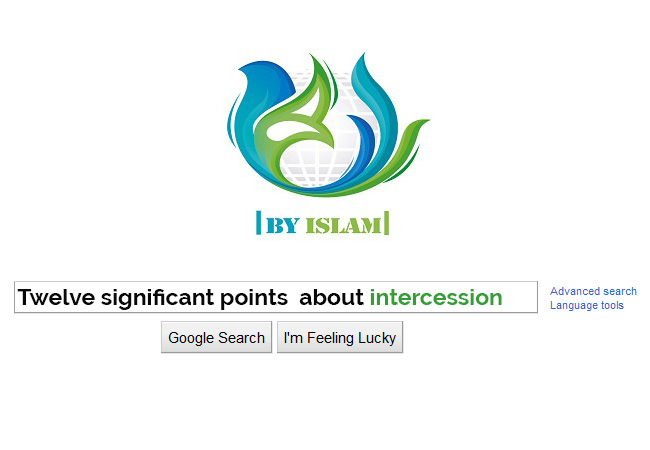Twelve significant points that you should know about intercession/2
 Definition
Definition
The word of Shafa’a is derived from the root of Sha-Fa-‘A meaning “to append or join something to another”.[1] Shafi’ [intercessor] is called so because they join one to themselves and provide him/her with what he/she lacks and thus rescue him/her.
Shafa’a in religious terminology means “a creature’s mediation between God and another creature in delivering the good or driving away the evil whether in this world or in the hereafter.” Shafa’a means to make a change in the sinner so that he becomes non-deserved for receiving punishment and exclude him from the law of punishment; like repentance makes a wrongdoer non-deserved for punishment and makes him deserved for receiving God’s forgiveness. “There is no Shafi’ [intercessor] more rescuing than repentance.”[2]
Shafa’a has a close relation with Tawassul [invocation]: Tawassul is the act of one who takes refuge to an Infallible one (a) and asks him for intercession and thus Shafa’a is the act of the Infallible (a) who asks God to forgive that wrongdoer.
Believing in Shafa’a also exists in other divine religions such as Judaism and Christianity.[3]
[divider]
1)Ibn Manzur, Lisan al-‘arab, vol.15
2)Majlisi, Bihar al-anwar, vol.6 p.19
3)New Catholic Encyclopedia, vol.7 p.519-520


